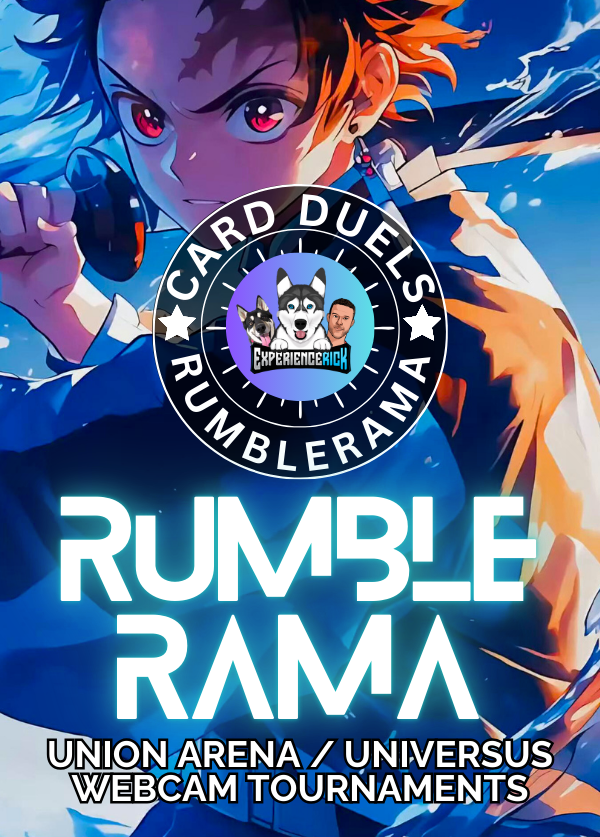As Riot Games prepares to launch its first-ever physical trading card game, Riftbound, fans are getting early glimpses of what’s to come. Among the first cards revealed is “Loose Cannon”, featuring none other than Jinx, the anarchic poster child of League of Legends. The card is part of the upcoming Origins set — the inaugural collection of Riftbound TCG.
But this isn’t just a card reveal. It’s a statement — a fusion of storytelling, fandom, and art design, all packed into a single slab of glossy cardstock.
Character & Context

There’s no mistaking her — with blue braids, a manic grin, and a rocket launcher nearly her size, Jinx has long been one of Riot’s most heavily pushed champions. First appearing in League of Legends, and later exploding into mainstream recognition through Arcane, she’s a chaotic force with both narrative weight and undeniable aesthetic appeal.
This version of Jinx — seen in “Loose Cannon” — represents her entrance into the physical collectible space. It’s not just a card. It’s a tribute to her legacy as one of gaming’s most visually iconic characters.
Design Focus

“Loose Cannon” isn’t subtle, and it shouldn’t be. The composition leans fully into contrast and motion. The background is a mess of spray paint and raw energy — pulling from Zaun’s industrial aesthetic but stylized for print.
Jinx stands off-center, slightly elevated, gaze angled downward in a pose that reads equal parts defiant and bored. Her left hip juts outward, her hand resting just loose enough on her weapon to say: “I’m not aiming at you… yet.”
The background elements — her chain, the tags, and the heavy framing — are more than noise. They function as visual cues that guide your eye around the card, while reinforcing the feeling of motion, like the moment just before something explodes.
It’s controlled chaos, executed with tight visual discipline — which is, ironically, a perfect metaphor for Jinx herself.
Visual Symbolism
The use of color here is worth pausing on. The deep purples and magentas feel electric. They avoid the overused “girl = pink” trope and instead serve to amplify the sense of danger. The entire frame feels charged. Gold bordering contrasts sharply, helping the art feel prestigious — this isn’t just a card to be played, it’s one to be noticed.
Her expression says everything. It’s not performative. It’s personal. The artist captures a version of Jinx that isn’t trying to entertain you — she’s just existing, and that alone demands attention.
Market Value & Collector Insight
Let’s shift gears. While Artcoholics is about the craft, let’s not ignore the card’s position in the collecting world.
This Jinx card is a Champion card — the central figure in Riftbound deckbuilding, equivalent to a main character or leader in other TCGs. It appears in both preconstructed decks and, crucially, in booster packs where foil and alternate-art versions exist.
Here’s what we know from official distribution details:
-
3 foils per pack (any rarity)
-
Epic-rarity cards appear about 6 per booster box
-
Alt-art cards are roughly 1 per 6 boxes — extremely rare
Jinx, being one of the most recognizable faces in gaming right now, places this card high on the chase list. Combine the rarity potential, the artwork, and her cultural cachet, and this becomes one of the cards people will be sleeving, framing, and flexing as soon as it drops.
Conservative value projections (based on data from similar UVS Games sets):
-
Standard version: ~$10–15
-
Foil version: ~$25–35
-
Alt-art or high-gloss premium: $50+ on day one
Prices will fluctuate post-launch, but this is a strong early contender for top collector interest.
Recommended read – Riftbound TCG Is a Visual Masterpiece – Here’s Why the Art Is a Big Deal

















Leave a comment